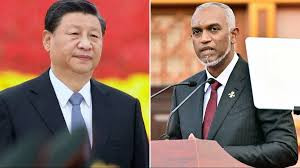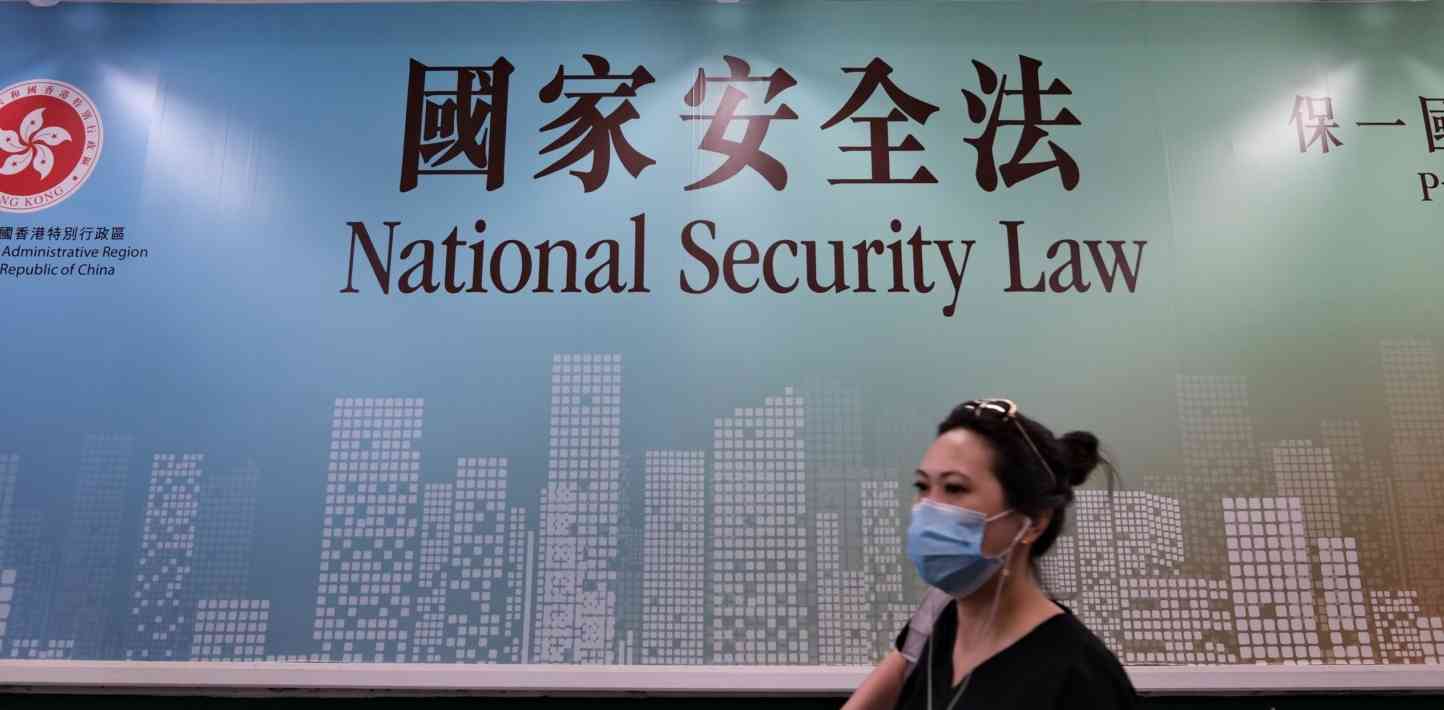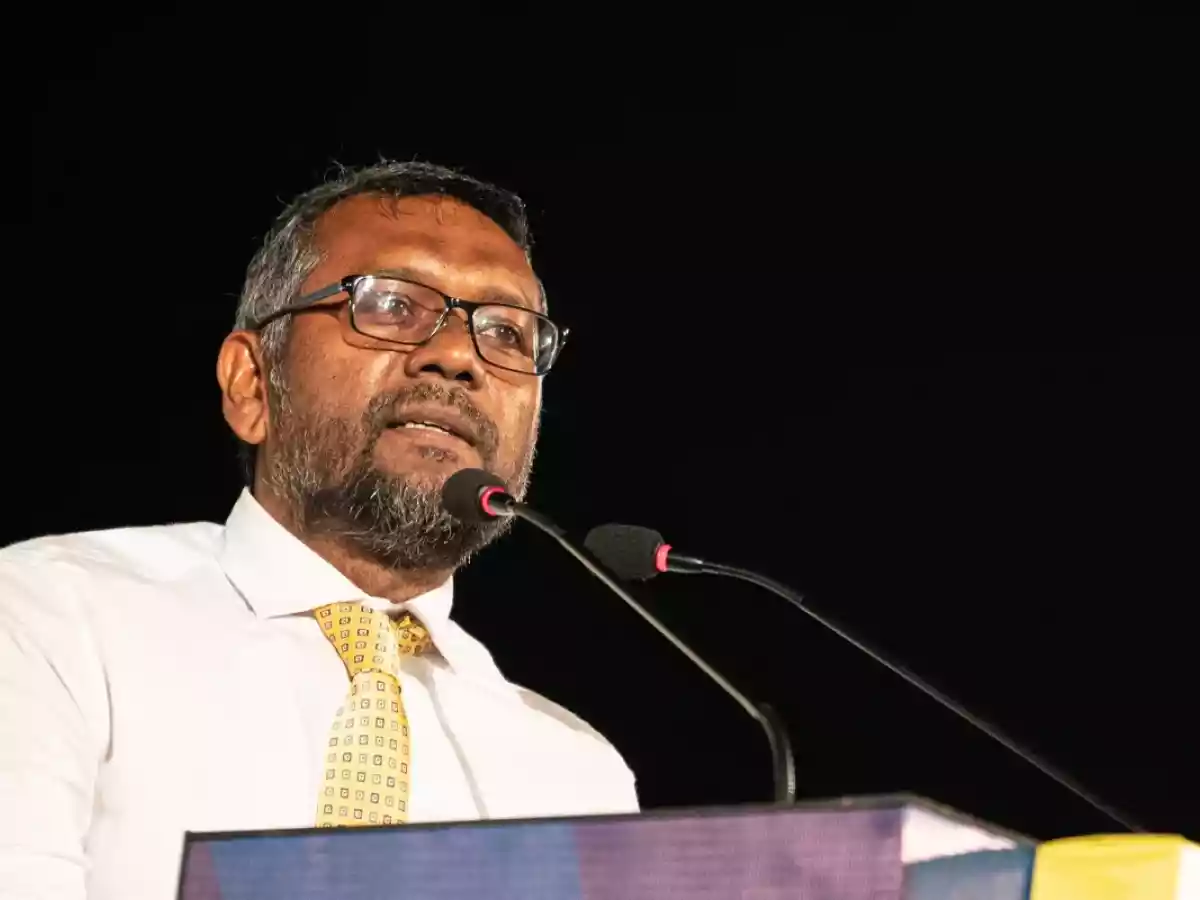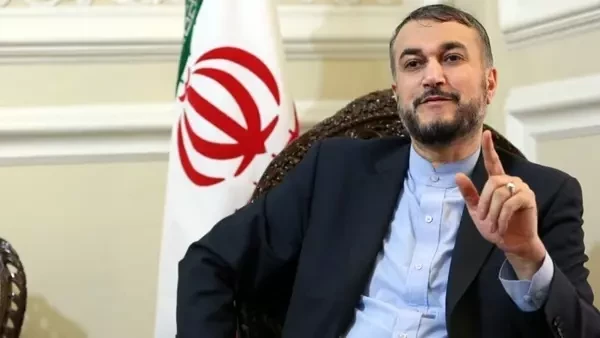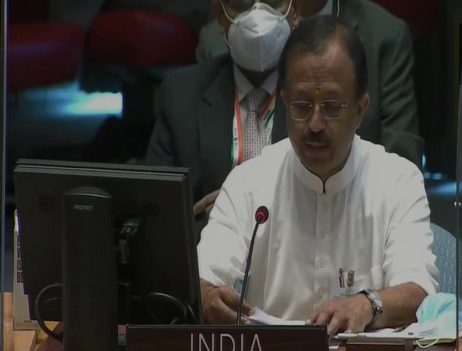
India on Tuesday raised its concerns over the rising threat of terrorism in Africa, while also noting that nations that witnessing conflicts or emerging from them were facing multiple challenges in their path towards sustaining peace.
Addressing the UN Security Council High Level Open Debate on ‘Peacebuilding and sustaining peace: Diversity, state building and the search for peace’, Minister of State for External Affairs V Muraleedharan also spoke about the change in leadership in Afghanistan that he said happened neither through negotiations nor was it inclusive, while calling for a broad-based and inclusive process that involved representation of all sections of its citizens.
Muraleedharan said the expectations of the international community on the war-ravaged nation, including on combating terrorism, were set out clearly in the UN Security Council Resolution 2593, that was adopted under India’s Presidency of the 15-nation Council in August.
“It is important that commitments made in this regard are respected and adhered to,” he said.
The UN Security Council resolution 2593 on Afghanistan mandated that Afghan territory be not used to threaten or attack any country or to shelter or train terrorists, or to plan or finance terrorist acts, and reiterated the importance of combating terrorism in Afghanistan, including those individuals and entities designated pursuant to resolution 1267 (1999), and noted the Taliban’s relevant commitments.
Speaking about terrorism in Africa, the minister said extremist forces and groups were receiving encouragement from member-states which seek to divide communities by legitimising terrorist activities.
“Terrorism is a clear manifestation of how forces inimical to unity and diversity can seek to destroy the social cohesion and democratic fabric of countries by, inter alia, fomenting disaffection, hatred and violence,” he said, adding that it the spread of terrorism in Africa was matter of serious concern.
He said the UN Global Counter-Terrorism Strategy (GCTS) had clearly reinforced yet again that terrorism cannot be justified under any ground and that no country should provide an excuse for such activities. “It is equally important that UN organisations take GCTS as a template and not give any encouragement or excuse, even indirectly, to efforts of member states to justify terrorism in any way.”
- Chamisa under fire over US$120K donation
- Mavhunga puts DeMbare into Chibuku quarterfinals
- Pension funds bet on Cabora Bassa oilfields
- Councils defy govt fire tender directive
Keep Reading
Muraleedharan told the open debate that “when we deal with countries coming out of conflict and going into peace building, putting in place strong legal framework as well as building credible institutions based on solid principles is critical.
“This will also ensure that diversity is protected, and inclusivity is fostered. We need to encourage donor countries which are contributing generously to peace building in Africa and other regions to ensure that those countries coming out of conflict are able to put in place an enduring framework that withstands the test of time,” he said.
Noting that the challenge will always be to make tradeoffs between the immediate and long-term, Muraleedharan said that “we believe the UN system as a whole should work closely with member states and regional organisations in line with their national requirement and needs and not advocate imposition of ideas of solutions from outside.”
He emphasised that it is now the time to look at peacebuilding in the broader context and in a more focused manner, especially in the context of the Covid-19 pandemic, which is threatening to erode the gains we made over the years.
He told the debate that India had always played a constructive and significant role in the context of peacebuilding through its extensive development partnership with developing countries, particularly in Africa and Asia and it continued to assist nations bilaterally in post-conflict situations by providing substantial grants and soft loans.
Muraleedharan further said there were several successful examples where countries had managed to overcome post-conflict challenges, including South Africa, the transition from apartheid to free and open society; Cote d’Ivoire, Liberia, Sierra Leone, Rwanda and Burundi, each of which were examples of successful transition of post-conflict state building and South Sudan, where “we are witnessing the transition”.
“These societies are diverse and have managed to sustain peace through an inclusive approach, by setting examples for similar states to emulate. We also have several other examples, including in South Asia, where diversity has always been the hallmark of societies. The political leadership of respective countries respecting universal values of peace, truth and compassion have contributed immensely to state building,” he said. -hindustantimes



